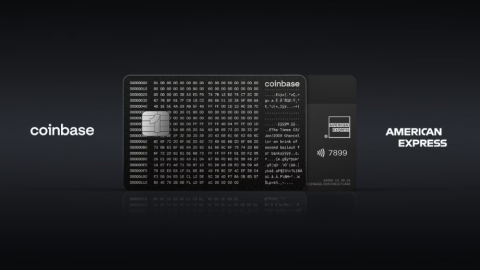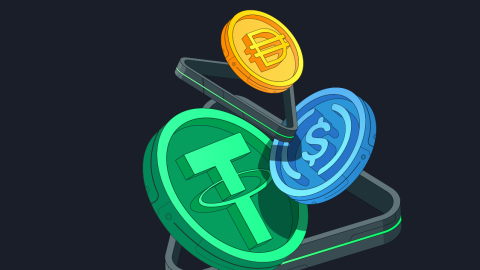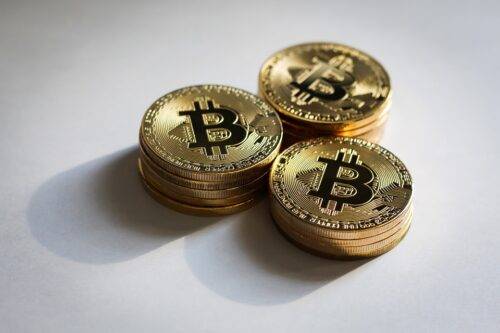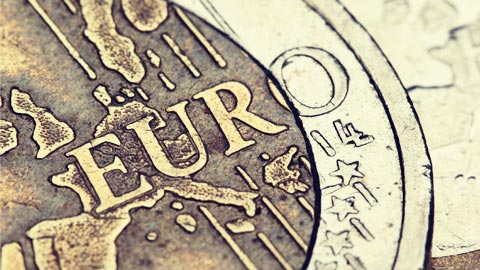
Similar Posts

Leading US Banks Explore Collaborative Stablecoin Initiative
Major banking institutions are exploring stablecoin regulations, with discussions surrounding the integration of payment platforms like The Clearing House and Zelle. There’s a push to expand stablecoin models to include more banks, aligning with U.S. regulatory efforts, particularly the Senate’s GENIUS Act aimed at establishing clear guidelines for stablecoin usage. Additionally, Circle has launched a stablecoin-based Global Payment Network, potentially competing with traditional systems like Swift, in collaboration with banks such as Deutsche Bank and Santander. As stablecoin discussions progress, their impact on the financial landscape remains to be seen.

Stablecoins Set to Compete with Credit Cards, Says Fed Payments Expert
Stablecoins have gained significant traction in the cryptocurrency market, with a total circulation surpassing $200 billion, akin to the GDP of countries like New Zealand and Greece. Initially designed for crypto traders, stablecoins are now being adopted by major retailers such as Overstock, Chipotle, and Whole Foods as payment options, marking a step towards broader acceptance. Payment platforms like Stripe and Travala are also integrating stablecoin functionalities. However, challenges like asset stability, regulatory uncertainty, and security vulnerabilities persist. Experts suggest that while stablecoins’ future as mainstream payment methods is uncertain, their growing acceptance may eventually rival traditional payment systems.

Bank of Israel Reveals Innovative Design for Future Digital Shekel
The Bank of Israel has been exploring a Central Bank Digital Currency (CBDC) since 2017, recently unveiling a potential design for a digital shekel (DS), marking significant progress. While an official launch is yet to be confirmed, the digital shekel aims to facilitate retail and wholesale transactions for various users, including children, tourists, businesses, and public institutions. Key features include instant payments, offline capabilities, cost efficiency, and interoperability with other payment systems. The Bank encourages private sector involvement for innovative solutions while emphasizing the need for preparation and knowledge-sharing within the ecosystem.

Unlocking the Future of Gaming: 5 Key Benefits of Bitcoin Casinos and Blockchain Betting
The integration of Bitcoin into online gambling is gaining momentum due to its numerous advantages. Players prefer Bitcoin for its reduced transaction costs, enhanced security through blockchain technology, and transparency via traceable transactions. Using Bitcoin allows for cost-effective gaming and greater inclusivity, as lower fees attract diverse players. Additionally, Bitcoin casinos often provide attractive bonuses, including enhanced deposit matches and exclusive access to tournaments. Its decentralized nature ensures global accessibility, eliminating concerns about currency conversions. As cryptocurrencies evolve, understanding their benefits is crucial for players seeking to enhance their online gaming experience.

Why Trump’s Support for Stablecoins Accelerates the Need for a Digital Euro, According to EU Officials
The European Central Bank (ECB) is progressing towards the rollout of a digital euro, entering a critical phase in late 2023. ECB President Christine Lagarde emphasized the urgency of decision-making regarding the Central Bank Digital Currency (CBDC), citing its growing relevance. However, skepticism among lawmakers has increased following a recent outage in the ECB’s Target 2 payment system, raising concerns about operational reliability. Despite this, Pierre Gramegna from the European Stability Mechanism advocates for the digital euro, warning that the US’s acceptance of stablecoins could threaten Europe’s financial stability and monetary sovereignty. He stresses the need for timely action on the digital euro initiative.
